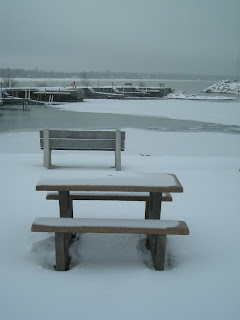Boys will be Boys, Girls, Adults etc
 Globe Education Special Event
Globe Education Special EventSunday 2 March 11am - 5pm
A company of professional adult actors will present the four plays by Thomas Middleton in this spring's Read Not Dead series. But how do the plays that were written for boys sound when they are played by 'boys'?
Two new Boys Companies have been formed especially for Globe Education's The Young & Shakespeare season. The first, from Stratford-upon-Avon, will present a 30 minute extract from John Marston's comedy The Dutch Courtesan. The second, from Dulwich College, will present an extract from Marston's tragedy The History of Antonio & Mellida.
The day will begin with talks providing contexts for the school curriculum and the boy companies that Shakespeare called the 'little eyases'. Speakers include Carol Chillington Rutter (University of Warwick), Alessandra Petrina (University of Padua) and Lucy Munro (University of Keele).
The performances by the Boys Companies will begin at 3pm. The boys will be joined by their directors, Perry Mills and Matthew Edwards, and the speakers for a post-show discussion at 4.15pm.
SPECIAL PRICE FOR SCHOLARS AND RESEARCHERS:
£7 includes all talks and performances
Please contact the box office for tickets on 020 7402 1472.
If you have any queries please email edevents@shakespearesglobe.com.


























